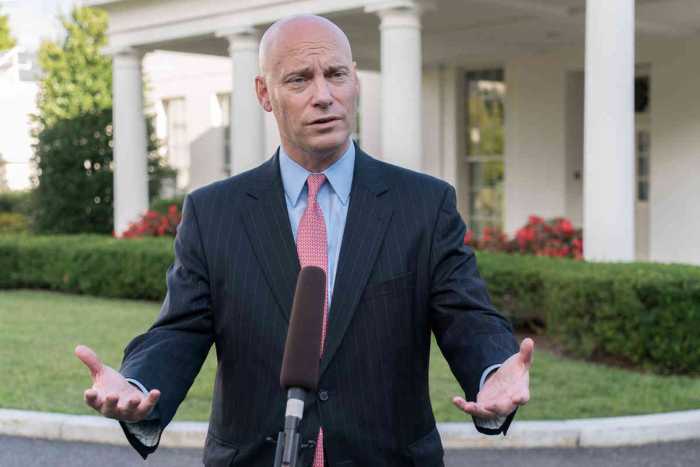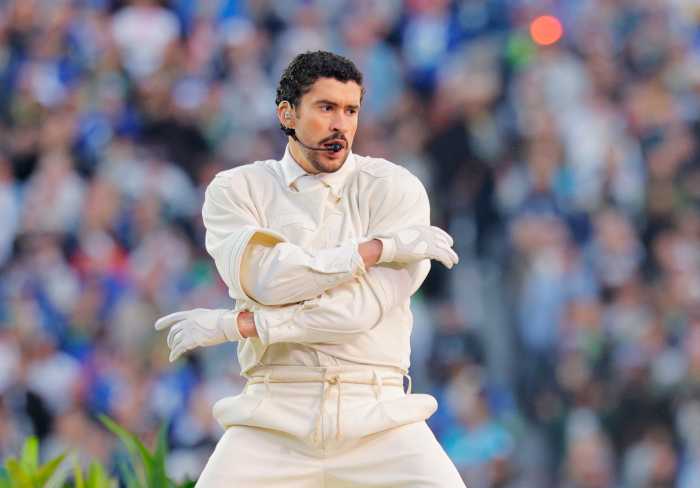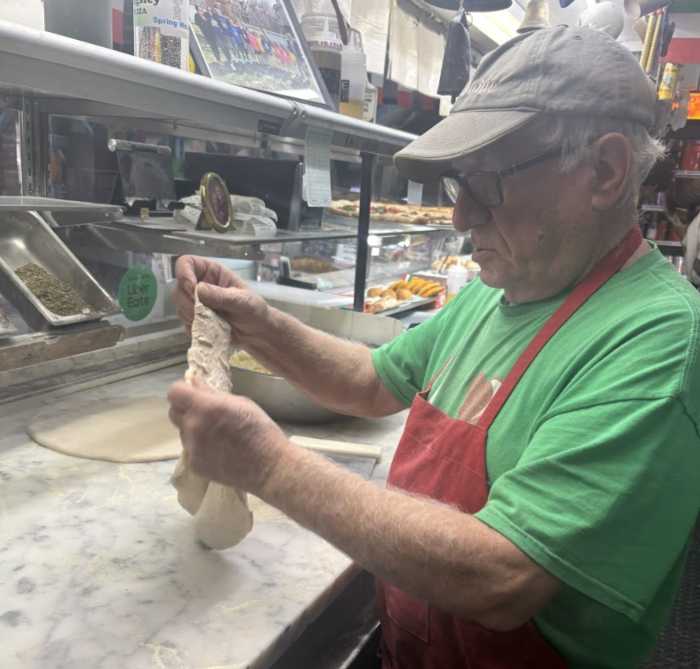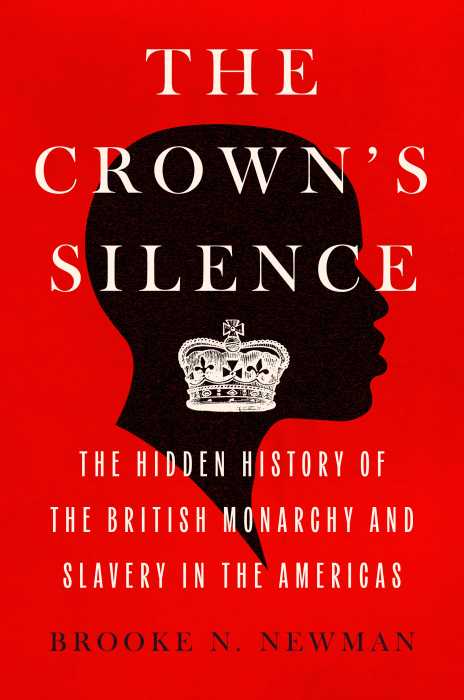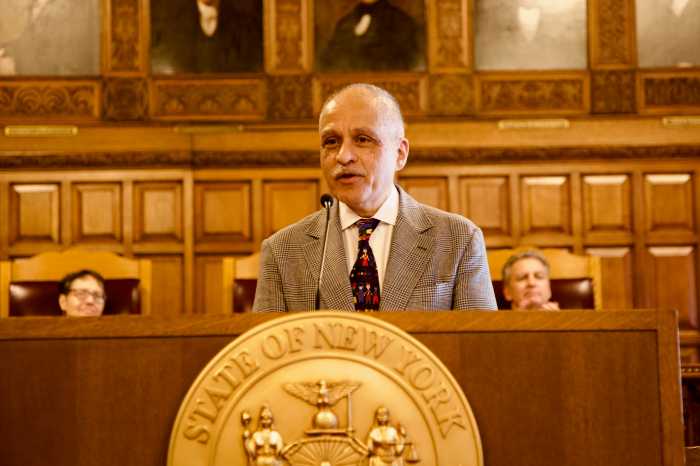Paris’ Place de la République can be so beautiful, especially at night, when the street lamps shine and the central figure of Marianne towers benignly against the dark sky, representing the Nation. Seen from a distance, she makes it easy to imagine that liberty and equality and fraternity are all gloriously within reach.
In reality, I avoid actually walking through the plaza even if my girlfriend and I are staying just a few blocks away. It stinks of testosterone. Demos begin or end there, sometimes turning violent. Skater boys slam their boards down on the concrete and roar past pedestrians. At all times groups of men hang out rolling cigarettes and drinking cans of beer with the glazed and satisfied eyes of colonizers.
At dusk, on October 8, two dykes got attacked there. They were sitting on a bench, about to have a picnic dinner, when some man came over and started insulting them. Then he punched one in the face, busting up her jaw. Somebody intervened before it could get worse, and the guy took off. At least the next day, the two women filed a police report.
Last Tuesday, in a nearby neighborhood, the president of Urgence Homophobie, Guillaume Mélanie, got bashed. He tweeted a selfie of his battered face. “Tonight, it was my turn. Homophobic attack as I left a restaurant. Broken nose. Shocked. Blood everywhere. I’m gay, and this is 2018.”
Before that it was another. Before that another. All over the city. In the suburbs. Across the country. Trans women face the most deadly violence. In August, Vanesa Campos, a sex worker from Perú, was killed when she tried to stop a group of men from robbing a client in the Bois de Boulogne, a sprawling public park of more than 2,000 acres on the outskirts of Paris.
Last year, on average, a homophobic attack was reported in Paris every three days, according to the police, who now say that incidents “of a homophobic nature” are down 37 percent this year. An increase in calls to queer hotlines, though, seems to indicate that violence is up. It’s impossible to have clear figures. Maybe people are calling the hotline instead of the cops. Or more people are calling because they feel safer than they used to. Or maybe there really are more attacks.
It’s also hard to say just who is getting bashed. Sunday, queers packed the Place de la République for a rally against violence. And according to one speaker, a fag is victimized once every three days, and dykes once every ten days. But dig a little deeper, he said, and the research shows lesbians rarely report attacks.
I’m not surprised. We get harassed all the time, if not as dykes, as women. You’d have to have SOS Homophobia and the cops on speed dial. I’ve never reported any of the times I’ve been called a fucking dyke, or had something thrown at me. I’ve known dykes who didn’t even go to the ER after a beating. As for a trans woman, every time she leaves her house she’s fair game for insults, even if she’s just doing her laundry. How often would she pick up the phone? Or tweet?
Homophobes are increasingly vocal right now in France because the government is close to legalizing artificial insemination for single women and lesbian couples. (It’s currently only available to straight couples.) And there’s a chance dykes might still be banned. Last year, the Conseil d’Etat, the Council of State which advises the government, ruled that it was not discriminatory at all, but in the “general interest” to exclude lesbians from artificial insemination. They recently reiterated that “it wasn’t opposed to the principle of equality for a lawmaker to create different sets of rules for different situations.”
Journalists often make things worse. As in the US when it comes to abortion, it’s typical for talk shows to create all male panels from across the political and religious spectrum for the sole purpose of discussing an issue that doesn’t affect them at all. Ditto for some print journalists who just interview men. As usual, even the most progressive journalists indulge purveyors of anti-gay rhetoric characterizing people like me as pervs, unfit parents, destroyers of the family, of the Nation, of the world.
If only. If only I could destroy the world — as it is. I’d start by eviscerating those journalists and politicians who frame this as an abstract “ethical issue,” or even as a “debate” like any other, no more grave than a discussion over whether or not one prefers Pepsi over Coke. No, this is a question of human rights that for us are dead serious. Are we equal or not? Are we part of the human fraternity? Are we even allowed to walk freely down the street without being harassed, or beaten? Killed?
I’ll let you know. The new bill about artificial insemination will be introduced in Parliament at the end of this year, and debated in 2019. Huge right-wing demonstrations are expected. And with them even more violence.


